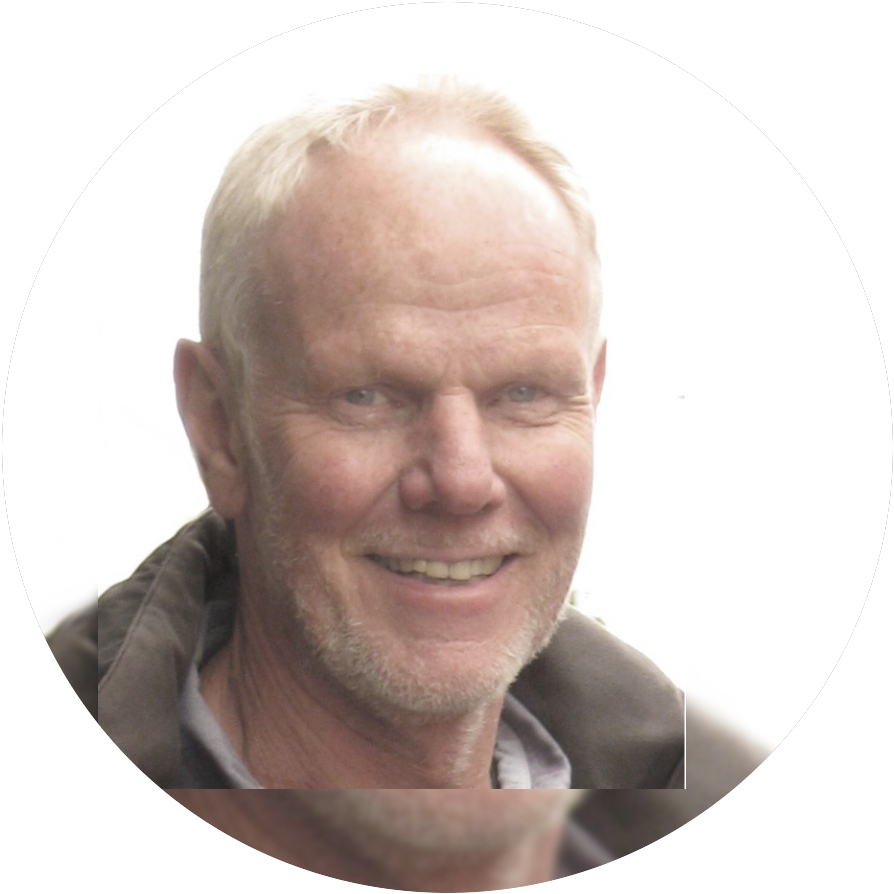🔖 PRESENTATION
Paper (parallel)
📆 DATE
Thursday 10 Sep 2020
⏰ MELBOURNE TIME
7.00 – 9.00 pm
⏰ LOCAL START TIME
time start

Dr Vega Zagier Roberts
Consultant, UK
Vega works as an organisational and role consultant, and a consultancy/coaching practice supervisor. Her special interests are developing leadership at all levels of an organisation through enabling people to challenge the self-limiting assumptions that can get in the way of learning and innovation, and building collaboration between teams and organisations. She is an associate of Tavistock Consulting and of OPUS (Organisation for Promoting Understanding of Society), and teaches on the Tavistock/University of Essex masters and doctoral programmes in Consulting and Leading. From 2005–2014 she was a Senior Organisational Analyst at the Grubb Institute of Behavioural Studies where she co-directed the masters Organisation Analysis: Freedom to Make a Difference.
⏰ DURATION
120 minutes
Values, hard choices, and leadership in an anxious world
In the second part of the paper, the focus shifts to leadership, particularly the leadership challenge of helping people to face ‘hard choices’ or dilemmas without regressing to splitting to avoid these. Drawing on concepts such as ‘negative capability’, ‘wicked problems’, and ‘perverse social structures’, and on the Grubb Institute’s ‘Transforming Experience Framework’, this section explores how values might serve as organising principles in situations of great anxiety. In the concluding part of the paper, we move from the organisational to the societal arena, looking at the national values of different countries to consider the gap between these espoused values and the choices that leaders and led make.
References:
French, R., Simpson, P. and Harvey, C. (2009) Negative capability: A contribution to the understanding of creative leadership. In: Sievers, B., Brunning, H., De Gooijer, J. and Gould, L.,(eds.) (Psychoanalytic Studies of Organizations: Contributions from the International Society for the Psychoanalytic Study of Organizations. Karnac Books.
Grint, K. (2005) ‘Problems, problems, problems: the social construction of ‘leadership’’, Human Relations 58(11):1467-1494.
Hampden-Turner, C. (1990) Charting the Corporate Mind: From Dilemma to Strategy. Basil Blackwell.
Heifetz, R. (1994) Leadership Without Easy Answers. Bellknap Press of Harvard University Press.
Henderson, E. (2014) ‘Inspirational leadership: Hitler and Gandhi’ in Brunning, H. (ed.) Psychoanalytic Essays on Power and Vulnerability. Karnace Books.
Hoggett, P. (2010) ‘Perverse social structures’, Journal of Psycho-Social Studies, 4.1: 57-64.
Long, S. (2016) Transforming Experience in Organisations. Karnac Books.
Sullivan, W., Sullivan, R., Buffton, B. (2001) ‘Aligning individual and organisational values to support change’. J of Change Management 2,3: 247-254.
Day(s)
:
Hour(s)
:
Minute(s)
:
Second(s)
Session schedule
5 MINS
Introduction by Dr Wendy Harding
30 MINS
Paper presentation
15 MINS
Small group discussion; impressions of the paper and developing questions for the presenter
15 MINS
Discussion forum with the presenter; moderated for the speaker to elaborate their ideas
15 MINS
Small group activity or discussion ‘What does this paper tell us about working into the future?’
15 MINS
Discussion forum with the presenter; themes from the discussions
25 MINS
Whole Symposium across the papers reflections on the sessions




